Human-Like Skin & Advanced Hair Diagnostics: L’Oréal Unveils Next-Gen Beauty Tech
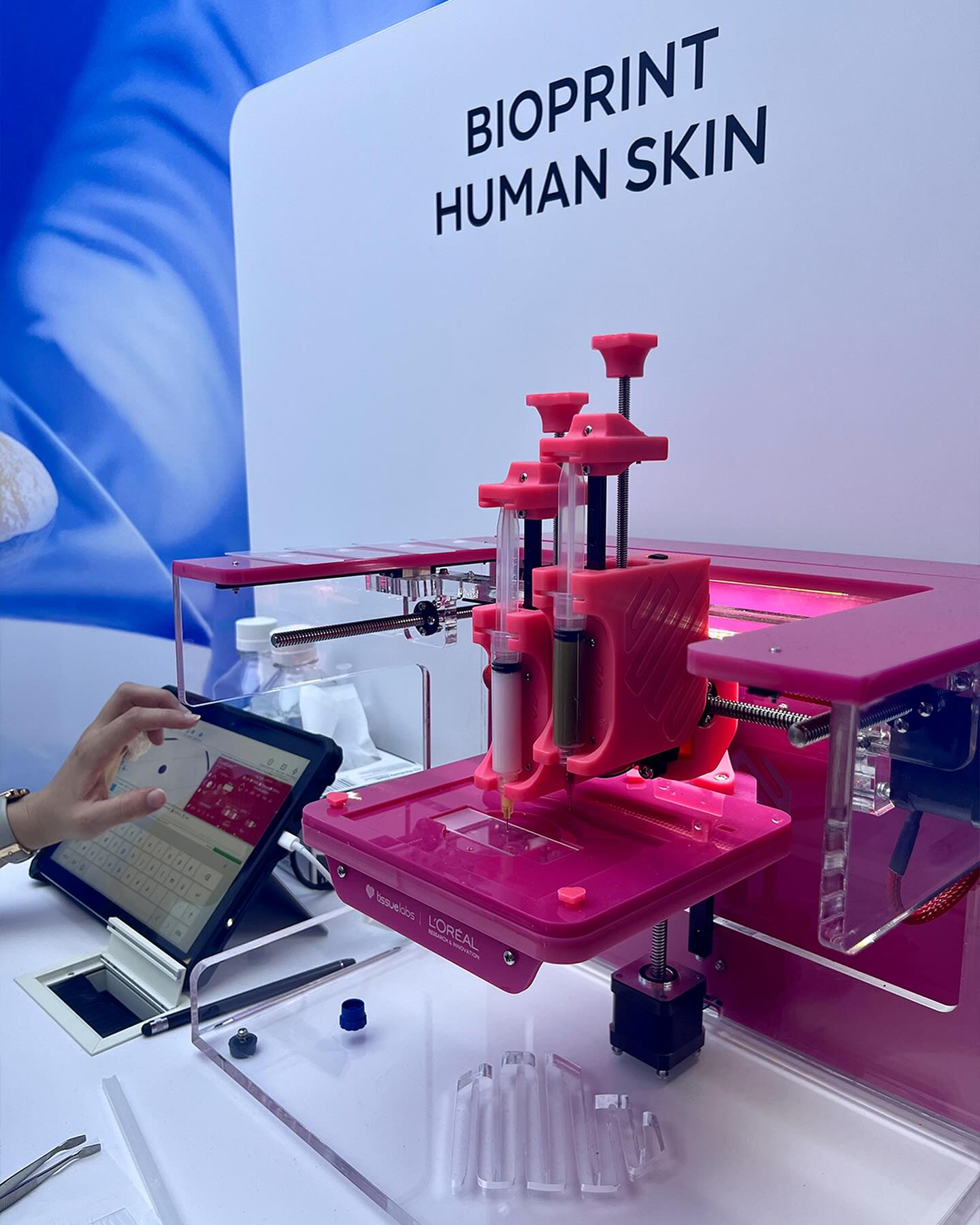
L’Oréal Groupe, the world’s fourth largest advertiser, has once again showcased its commitment to innovation and personalised beauty with the unveiling of cutting-edge beauty tech at Viva Technology (VivaTech) in Paris. The new technologies aim to provide beauty solutions that are more personalised, inclusive, and responsible than ever before.
Attendees at VivaTech, held 22nd to 26th of May, had the opportunity to experience these innovations first-hand at L’Oréal’s booth. From advanced hair and skin diagnostics to personalised beauty assistants, L’Oréal showcased a range of technologies that are set to redefine beauty standards in the digital age.


The highlights
One of the standout innovations introduced by L’Oréal is the Skin Technology platform. This revolutionary bioprinted skin closely mimics human skin, including various conditions such as eczema and acne. L’Oréal is working with start-ups and institutes worldwide to further develop this technology, with the goal of creating skin that can actually feel. This breakthrough in product testing promises to revolutionise the industry and promote beauty without animal cruelty.
For haircare, L’Oréal has introduced two revolutionary products aimed at improving hair health and quality. The L’Oréal Professionnel AirLight Pro is a groundbreaking hair dryer that combines infrared light with high-speed wind to efficiently dry water on the hair’s surface. This innovative technology not only reduces drying time but also helps improve hair quality, resulting in smoother, shinier hair for every individual.
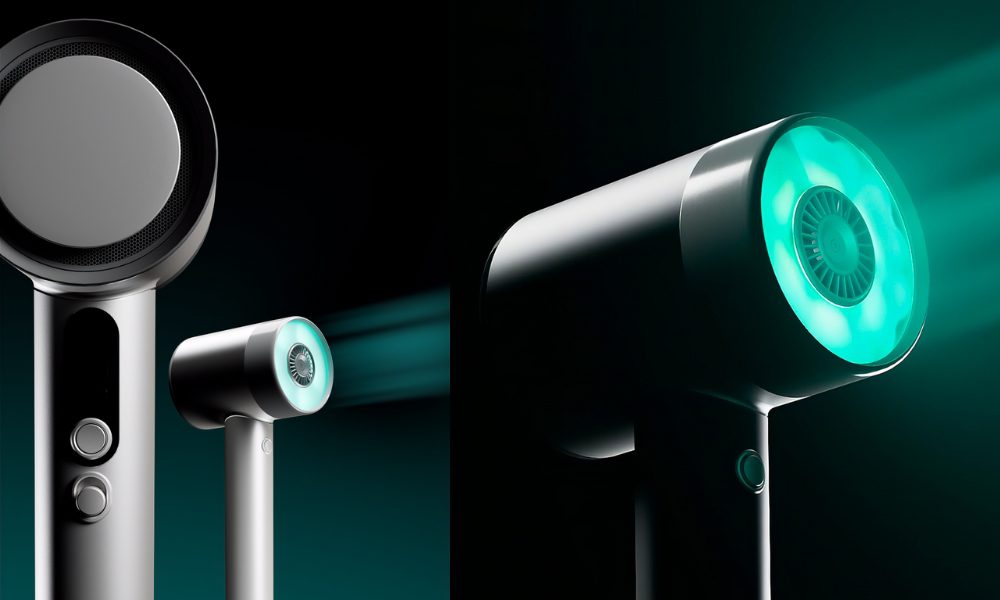
Additionally, the L’Oréal Professionnel My Hair [iD] Hair Reader is a unique hair colour analyser that uses ultra-precise optics to analyse hair health and measure hair colour. By assessing natural colour, colour on lengths, grey percentage, hair fibre diameter, and density, this device offers consumers personalised hair colour recommendations tailored to their specific needs. With the My Hair [iD] Hair Reader, consumers can achieve their desired hair colour with accuracy and precision, ensuring a customised and flattering result every time.
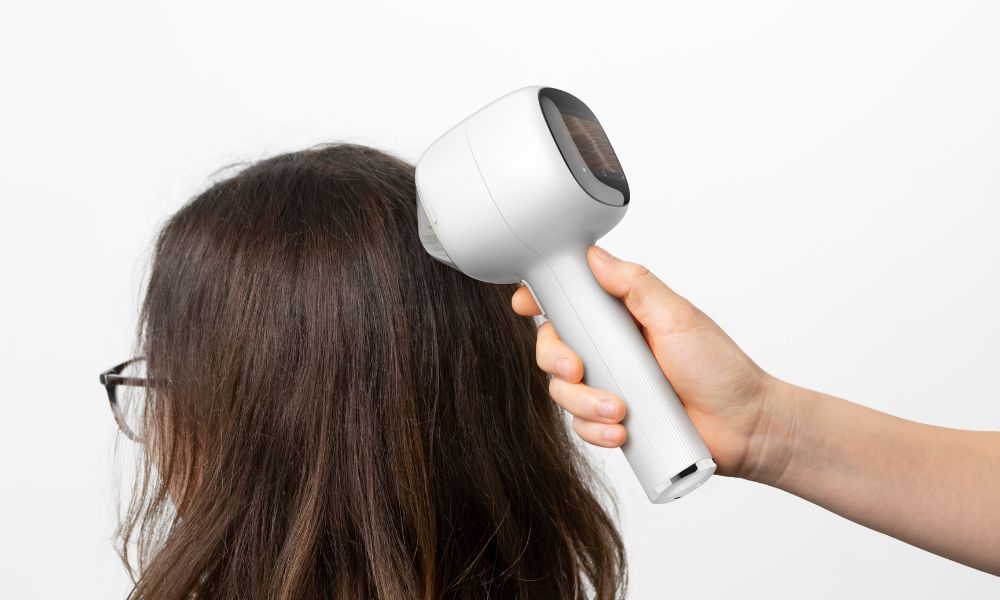
Another highlight was the Kiehl’s Derma-Reader, which evaluates customers’ skin using clinical imaging technology. Measuring over 11 skin attributes both on and below the skin surface, it recommends appropriate ingredients and lifestyle tips in addition to a targeted routine to add into the customer’s daily skincare routine. Meanwhile, Lancôme RENERGIE NANO-RESURFACER| 400 BOOSTER is a beauty device that has been specifically developed to boost cosmetic penetration into stratum corneum and amplify product performance. This device is powered by breakthrough patented nanochip technology made of more than 400 ultra-precise nano-tips for clinically tested results at home.
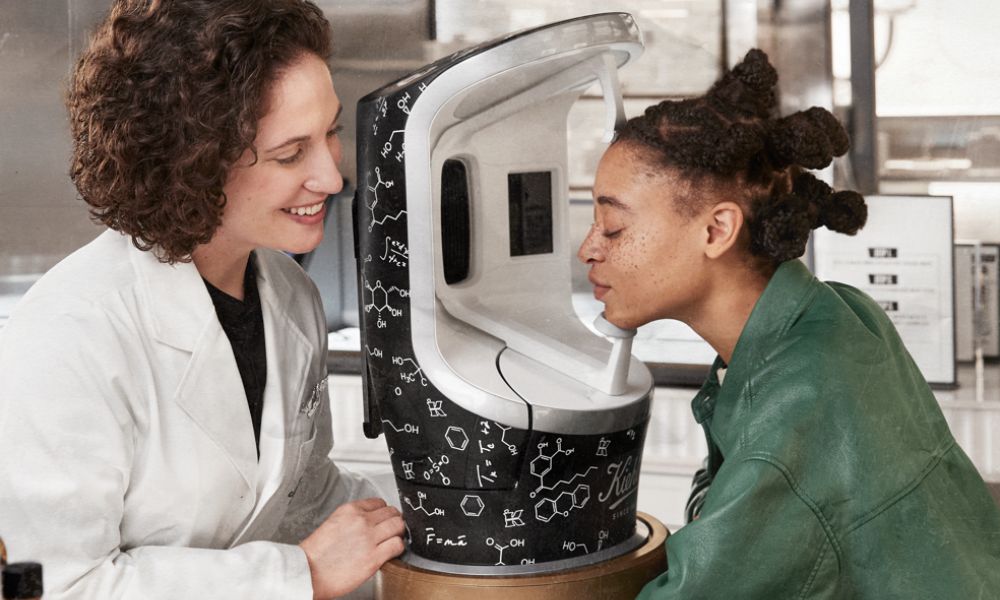
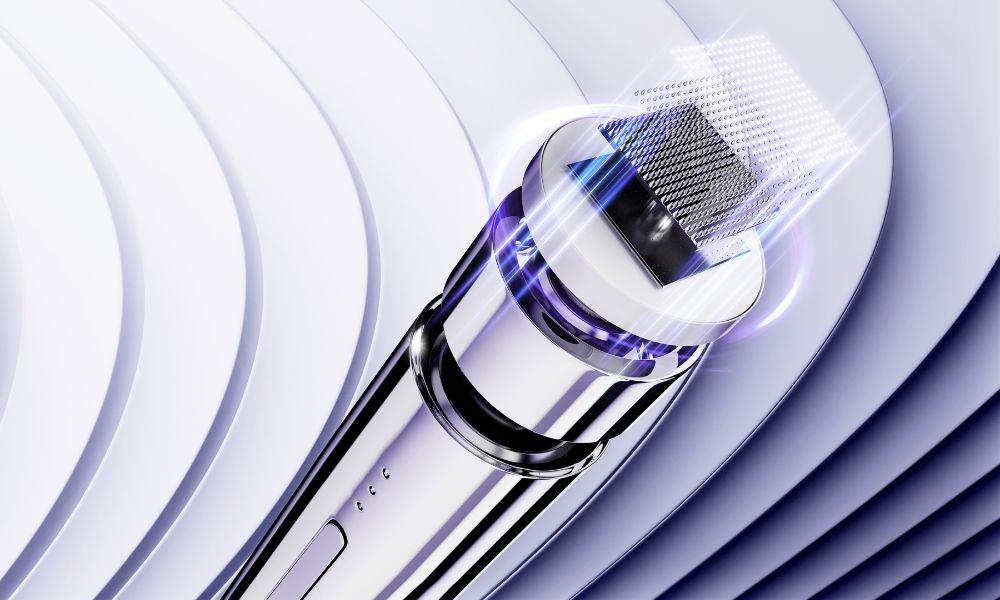
L’Oréal is also introducing the CREAITECH GenAI Beauty Content Lab, an advanced lab that aims to transform content production for the Groupe’s 37 beauty brands. Using this lab, L’Oréal can create brand-compliant and localised content more efficiently, while upskilling marketers on the latest creative technologies. The partnership with Meta and leading content creators further demonstrates L’Oréal’s commitment to pushing the boundaries of creativity in the digital age.
“With human creativity, technology is at its most awe-inspiring, giving people a powerful tool for self-expression and brand expression,” said Asmita Dubey, Chief Digital and Marketing Officer, L’OréalGroupe. “Our CREAITECH GenAI Beauty Content Lab is a testament to what a human hand and a GenAI tool can achieve together in creativity. With our new Brand Custom Models, we can train GenAI to recognise the unique visual codes of our brands and launch innovative beauty campaigns faster. Importantly, we can do so without compromising our principles of responsible AI, which include not using AI generated life-like images of the face, body, hair, and skin to support or enhance product benefits in our external communication.”
Images: L’Oréal Groupe
